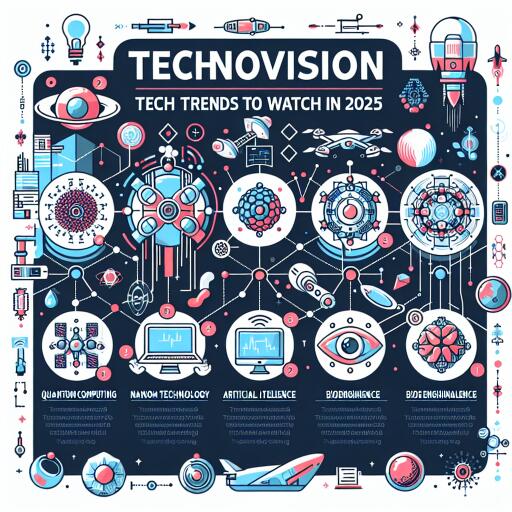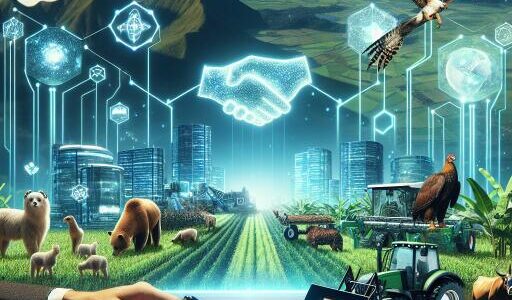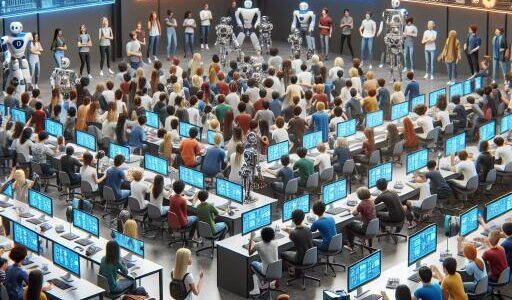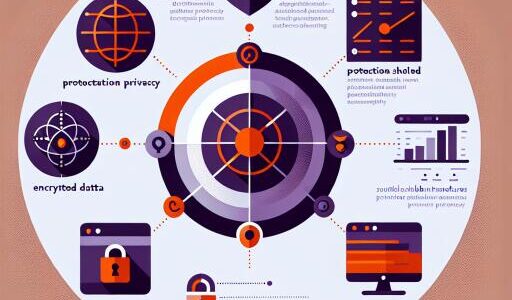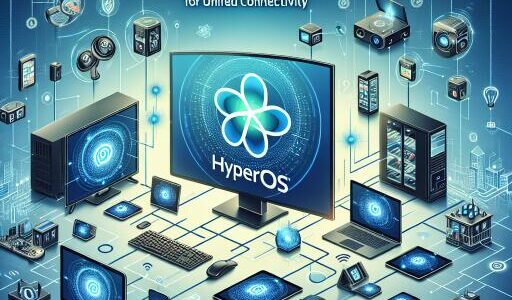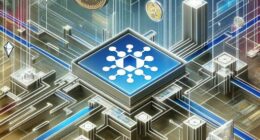TechnoVision: Top 5 Tech Trends to Watch in 2025
In an exciting emergence of technology on the horizon, 2025 is expected to be a groundbreaking year for several key tech domains. The buzz around AI, especially Generative AI (Gen AI), remains strong as it embarks on a transformative phase. With far-reaching impacts anticipated in connected areas, let’s explore the top five tech trends poised to shape 2025.
1) Generative AI: Pioneering the Age of Intelligent Agents
Generative AI is advancing rapidly from managing individual tasks to the creation of integrated and intelligent AI agents. A survey conducted among top executives anticipates that by the dawn of 2025, AI agents will stand central in the AI/Tech landscape. These sophisticated models, capable of logical reasoning, are expected to operate autonomously, adeptly handling complex tasks such as supply chain management and predictive maintenance.
These technological advancements will result in the development of super agents that can orchestrate multiple AI systems. This innovation is set to create dynamic AI ecosystems, significantly enhancing industrial efficiency and creative processes.
2) Cybersecurity: Evolution of Defense Strategies
The realm of cybersecurity is not exempt from the waves of AI innovation. The dual-facing nature of AI strengthens both offensive cyberattacks and defensive measures. The past year has seen a sharp rise in vulnerabilities linked to Gen AI, calling for enhanced security measures. Organizations are investing in AI-driven threat detection, endpoint security, and exploring advanced encryption algorithms.
Upcoming transformations in endpoint security and automation are imperative for building trust in autonomous systems and ensuring comprehensive protection against both known and emerging threats.
3) AI-driven Robotics: Reshaping Human-Machine Collaboration
The fusion of AI into robotics is opening a new chapter in human-machine interaction. Robots, once limited to predefined tasks, are becoming adaptive and capable of learning from their surroundings. They are stepping into roles demanding greater autonomy and decision-making abilities, driving innovation in sectors like manufacturing, logistics, and agriculture.
The progression towards an advanced AI-powered workforce challenges traditional roles of leadership and collaboration, paving the way for a reevaluation of human roles in industrial processes.
4) Nuclear Energy: AI Powering Clean Energy Frontiers
The energy sector is undergoing a rapid and transformative evolution. With climate change concerns at the forefront, industries are driven to explore new energy solutions. Here, nuclear energy is gaining renewed interest due to the rising computational demands brought on by AI and other technologies.
The march towards sustainable nuclear solutions, such as Small Modular Reactors (SMRs) and potential breakthroughs in fusion technology, is expected to gather momentum, providing crucial clean energy solutions to meet future demands.
5) Agile Supply Chains: The Next Generation of Connectivity
As businesses face a rapidly changing global ecosystem, the need for adaptive and efficient supply chains has never been greater. Technological advancements in AI, blockchain, and connectivity are enabling enterprises to weather disruptions with improved predictive capabilities and agility.
With advancements in satellite systems enhancing global coverage, businesses are better equipped to monitor and manage their supply chains, promoting sustainability and resilience in a competitive marketplace.
Beyond 2025: The Next Wave of Technological Influences
Looking beyond 2025, the tech landscape is ripe with potential. Engineering biology is one area set to make considerable advances, promising innovations in manufacturing, pharmaceuticals, and material science. Quantum computing stands on the brink of transformative breakthroughs, with expectations of progressing from experimental stages to more widespread applications. Additionally, the realm of Artificial General Intelligence (AGI) continues to captivate with the possibility of machines achieving levels of reasoning akin to human thought.
As these technologies mature, they promise to redefine industries, shaping the way we live, work, and interact with the world around us.

